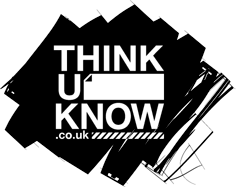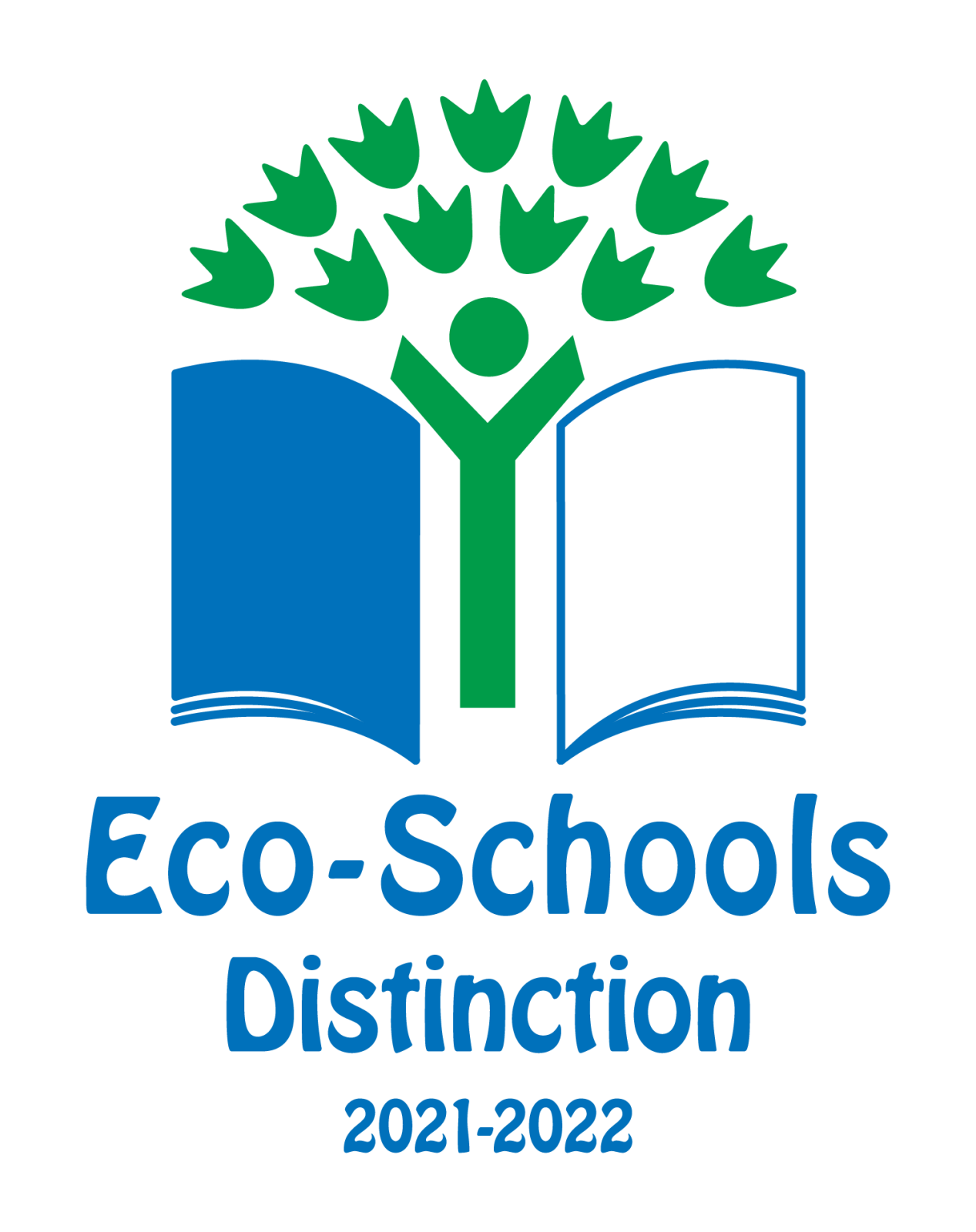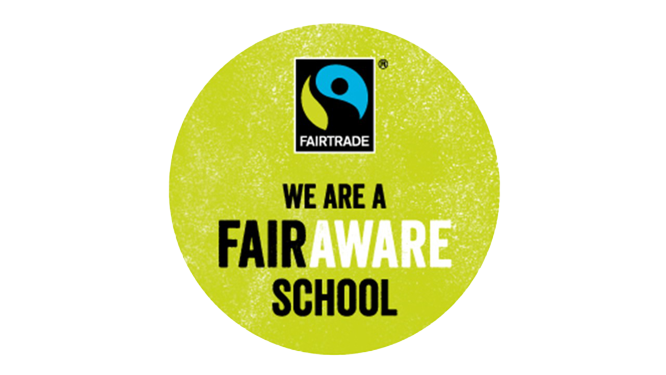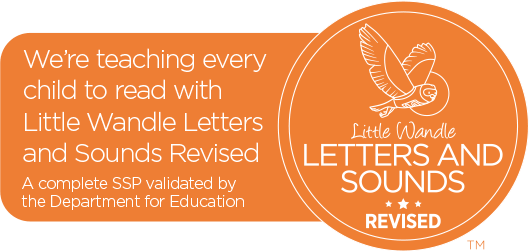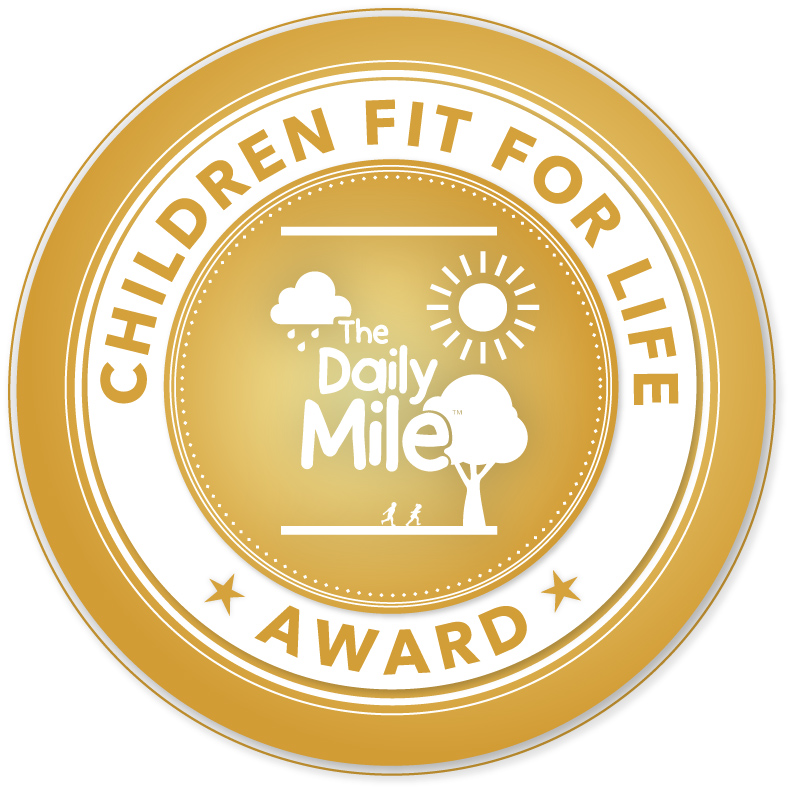Science
Intent
At Cradle Hill Community Primary, we aim to nurture children’s natural curiosity to develop a strong understanding of the diversity of science in the world around them.
Science teaching in our school uses the National Curriculum to ensure that children gain the knowledge they need to become successful scientists at primary school and beyond, fostering an interest in the sciences – much needed by today’s society.
Quality teaching of a rich, progressive curriculum will foster a love of lifelong learning and passion for the subject. Children’s engagement will raise their enthusiasm and ambition today, and for the future.
All children develop and use a range of skills including observing, planning, investigating and gathering data. In addition, pupils are encouraged to ask questions and explore possible answers, becoming independent and resilient learners.
Scientific vocabulary is built up across the school to enable children to communicate their questions, predictions, observations and explanations in an appropriate and articulate manner.
At Cradle Hill Community Primary, Science is for all children, regardless of their background, gender, ethnicity or level of educational need.
Implementation
At Cradle Hill Community Primary, developing scientific understanding and opportunities for investigation nurtures children’s natural curiosity. Children learn to work scientifically in each area of the subject, and knowledge and skills are revisited and developed throughout their time at school. Most topics, such as Plants, are taught in Key Stage One and studied again in further detail throughout Key Stage Two. This model allows children to build upon their prior knowledge and increases their enthusiasm for the topics whilst embedding procedural knowledge into the long-term memory.
To facilitate this learning process, teachers plan the following:
- A sequence of learning which builds on prior knowledge, skills and understanding and builds solid foundations for future learning;
- Opportunities to explore, revisit, understand and use technical vocabulary related to Science;
- A well thought out sequence of lessons for each subject that results in progression and depth;
- Engaging experiments and investigations which develop children’s knowledge and understanding, as well as reasoning, observation and recording skills;
- Opportunities for children to answer their own questions through exploration and experimentation;
- A range of ways to record learning, including photos, diagrams, graphs and charts, written work, class books, whole class recording and, where appropriate, the teacher’s own observations of the children;
- Trips and visiting experts who will enhance the learning experience and increase the children’s ambitions for the future, to potentially include careers in STEM subjects;
- A means to display and celebrate the pupils’ work in their class and finally a way to share their learning with parents and the local community.
Impact
All children are able to access our curriculum and make good progress regardless of their background, gender, ethnicity or level of educational need. All children are proud of their achievements in Science and are keen to share their learning with their peers, families and the wider community.
When pupils leave Cradle Hill, they have the skills, knowledge, understanding, vocabulary and curiosity which provide the foundations for learning in Science at Key Stage Three and beyond.
Children are passionate and curious about the world around them, they know more about it and do more to protect its future.
They use the curiosity which has been nurtured during their time with us to progress into careers which use STEM subjects, and have an awareness of where their STEM capital might lead them.
Policies



